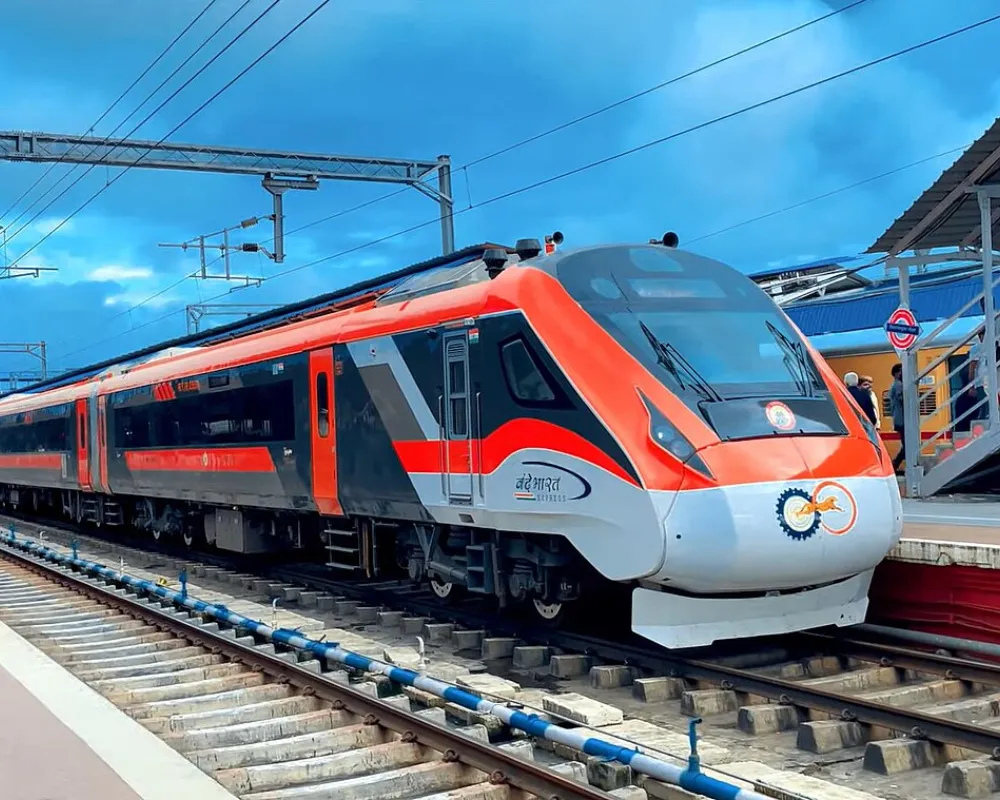Indian Railways and DFCCIL signed an MoU to install AI/ML-based Machine Vision Inspection Systems (MVIS) for enhanced train safety and automated under-gear checks.
 Minaketan Mishra
Minaketan Mishra

New Delhi – In a significant leap towards modernizing its infrastructure and enhancing safety, Indian Railways has signed a Memorandum of Understanding (MoU) with the Dedicated Freight Corridor Corporation of India Limited (DFCCIL) for the installation of Machine Vision Based Inspection Systems (MVIS). This cutting-edge, Artificial Intelligence (AI) and Machine Learning (ML)-based technology solution is set to transform how the health of rolling stock is monitored, drastically improving operational efficiency and preventing potential accidents.
The MoU was formally signed at Rail Bhawan in New Delhi on Thursday, July 10, 2025, by Shri Sumit Kumar, Director (Project & Development), Railway Board, and Shri Jawahar Lal, GGM (Mechanical), DFCCIL. The Ministry of Railways has termed this initiative a decisive move toward adopting advanced technologies for automated maintenance and superior service.
The MVIS system, a first-of-its-kind deployment for Indian Railways, will be installed wayside along select routes. It operates by:
This technology is expected to significantly reduce the reliance on traditional, manual inspections, which are often time-consuming and prone to human error, especially given the vastness of the Indian railway network.
Under the terms of the MoU, DFCCIL will be responsible for the complete lifecycle of the initial four MVIS units: procurement, supply, installation, testing, and commissioning. This collaboration leverages DFCCIL's expertise in specialized railway infrastructure development.
This initiative perfectly aligns with Indian Railways' broader objective of integrating smart and intelligent systems across its entire network. Indian Railways has been actively exploring various AI and ML applications, including diagnostics, scheduling, and overall safety monitoring, as part of its digital transformation strategy to become future-ready.
The deployment of MVIS is expected to yield multiple benefits:
The signing of this MoU between Indian Railways and DFCCIL marks a landmark moment in India's journey towards tech-driven safety and operational excellence in its rail sector. It underscores a strong commitment to intelligent automation, reaffirming Indian Railways' dedication to providing safer, smarter, and more efficient train operations across the country. This digital transformation is poised to open new avenues for rail safety and contribute to building a robust, future-ready rail infrastructure for India.






Sign up for the Daily newsletter to get your biggest stories, handpicked for you each day.
 Trending Now! in last 24hrs
Trending Now! in last 24hrs